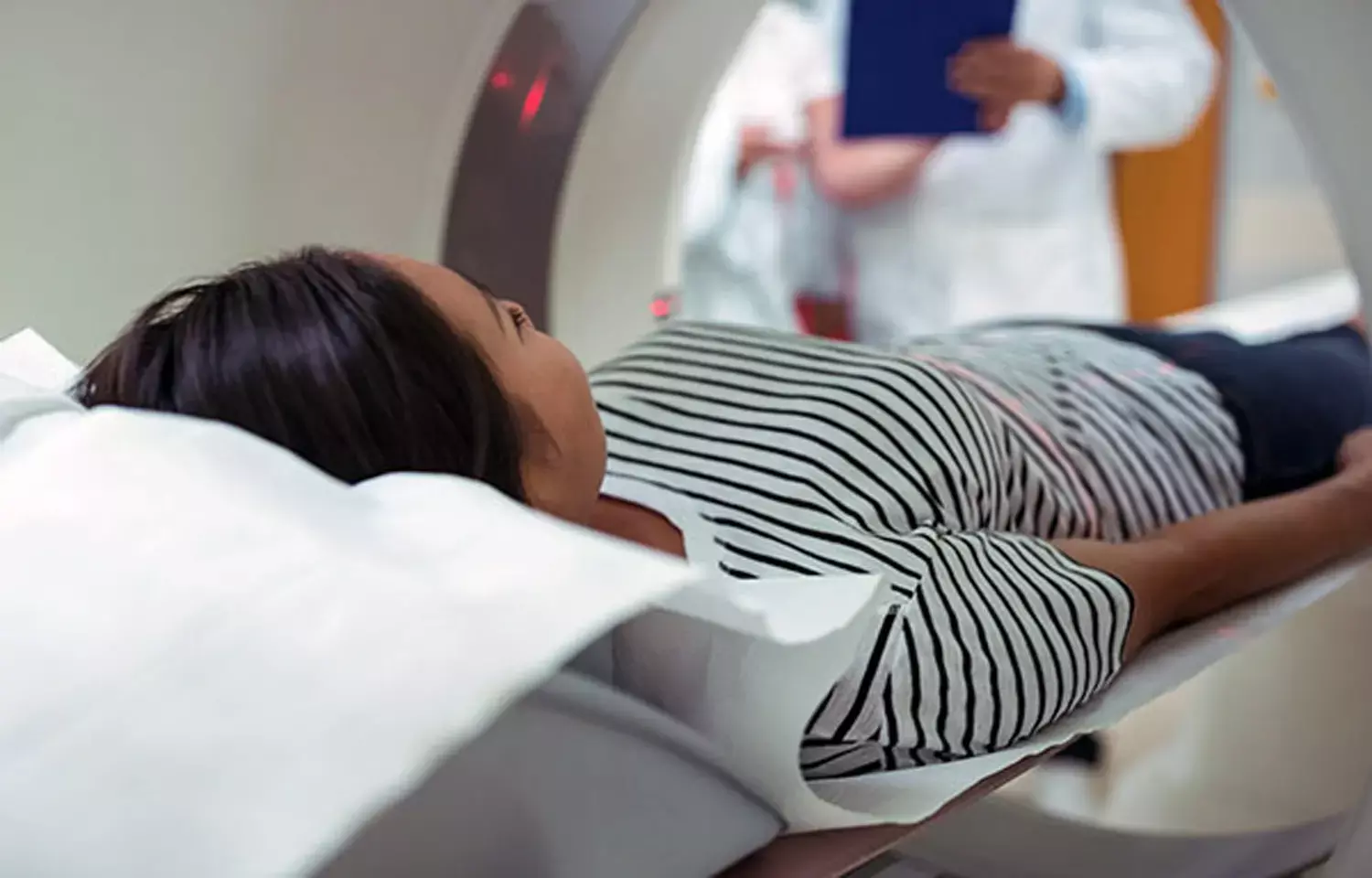- Home
- Medical news & Guidelines
- Anesthesiology
- Cardiology and CTVS
- Critical Care
- Dentistry
- Dermatology
- Diabetes and Endocrinology
- ENT
- Gastroenterology
- Medicine
- Nephrology
- Neurology
- Obstretics-Gynaecology
- Oncology
- Ophthalmology
- Orthopaedics
- Pediatrics-Neonatology
- Psychiatry
- Pulmonology
- Radiology
- Surgery
- Urology
- Laboratory Medicine
- Diet
- Nursing
- Paramedical
- Physiotherapy
- Health news
- Fact Check
- Bone Health Fact Check
- Brain Health Fact Check
- Cancer Related Fact Check
- Child Care Fact Check
- Dental and oral health fact check
- Diabetes and metabolic health fact check
- Diet and Nutrition Fact Check
- Eye and ENT Care Fact Check
- Fitness fact check
- Gut health fact check
- Heart health fact check
- Kidney health fact check
- Medical education fact check
- Men's health fact check
- Respiratory fact check
- Skin and hair care fact check
- Vaccine and Immunization fact check
- Women's health fact check
- AYUSH
- State News
- Andaman and Nicobar Islands
- Andhra Pradesh
- Arunachal Pradesh
- Assam
- Bihar
- Chandigarh
- Chattisgarh
- Dadra and Nagar Haveli
- Daman and Diu
- Delhi
- Goa
- Gujarat
- Haryana
- Himachal Pradesh
- Jammu & Kashmir
- Jharkhand
- Karnataka
- Kerala
- Ladakh
- Lakshadweep
- Madhya Pradesh
- Maharashtra
- Manipur
- Meghalaya
- Mizoram
- Nagaland
- Odisha
- Puducherry
- Punjab
- Rajasthan
- Sikkim
- Tamil Nadu
- Telangana
- Tripura
- Uttar Pradesh
- Uttrakhand
- West Bengal
- Medical Education
- Industry
PET imaging provides accurate staging, increases survival in lymphoma patients: ASH 2020

Delhi: PET imaging allows more accurate cancer staging in lymphoma patients, guide treatment and hence can positively affect patient's overall survival, according to a discussion at the virtual annual meeting of the American Society of Hematology (ASH) in early December. The discussion was about imaging in patients with lymphomas.
The researchers, in the discussion, cited several studies from renowned journals to corroborate their findings.
While pointing to figures from a Canadian registry published in Radiology in 2019 as evidence, Dr. Judith Trotman of the University of Sydney in Australia said that the best available evidence supports that PET/CT is a modality conducive to upstaging patients with diffuse large B-cell lymphoma (DLBCL) who had been previously imaged with CT alone.
"More than a quarter of them (28%) were upstaged to advanced stage, and 84% of those with equivocal findings were reclassified, and this accurate staging is vital in an era supporting abbreviated chemotherapy for limited-stage disease," said Trotman, citing data from the registry.
Data suggests that PET/CT produces a survival advantage, said Trotman. He noted that the same Canadian data indicated that patients who had been staged with PET imaging had a 6% mortality rate, while a historical cohort from 2010-2013 who were staged with CT had a 14% mortality rate, a difference that was statistically significant.
Staging using PET is highly sensitive for detecting bone marrow involvement and more sensitive than bone marrow biopsy for detection of large cells, according to Trotman.
"While it may miss small cells or low volume disease, there is no evidence in prognosis to alter treatment," Trotman said.
Citing a single-center study of patients with diffuse large B-cell lymphoma examining the potential for PET/CT to replace bone marrow biopsy as a way to identify clinically relevant bone marrow involvement by DLBCL, Trotman noted that the imaging modalities offer an elevated level of accuracy.
"You would need 70 patients with limited-stage disease and negative PET to undergo bone marrow biopsy to exclude one case of indolent lymphoma," she said. "I no longer do bone marrow biopsy for diffuse large B-cell lymphoma."
Interim PET can be employed to assess response to treatment in patients with lymphomas, Trotman said. The data can be interpreted visually or quantitatively, and when to identify responders versus nonresponders should be performed at different points in time.
"The optimal time to identify responding patients is after cycle 2, irrespective of the reading method, whereas the optimal time to identify nonresponders is after cycle 4, using either a PET score of 5 or a change in SUV max [maximum standardized uptake value] of less than 70%," she said, citing a 2019 study in Blood.
PET imaging can be used to decide if consolidation radiotherapy is needed in the management of patients with Hodgkin's lymphoma and can be used to assess response to the latest treatments, such as immune checkpoint inhibition, noted Dr. Andrea Gallamini of Antoine Lacassagne Cancer Center in Nice, France.
A study published in the Journal of Clinical Oncology this year looking at the role of consolidation radiotherapy in advanced-stage Hodgkin lymphoma, in which PET was the key imaging modality, found no differences in key outcomes between patients who received consolidation radiotherapy compared to those who received no further treatment.
"There was no difference shown in six-year progression-free survival and in overall survival," said Gallamini, who was one of the trial investigators. "This showed consolidation radiotherapy can be safely omitted in advanced-stage Hodgkin lymphoma."
PET imaging offers clinical value by monitoring response to immune checkpoint inhibitors such as nivolumab, which are increasingly used in patients who have been pretreated with first-line and second-line treatments and remain refractory to response, Gallamini told the ASH attendees.
He added that the Lugano classification lymphoma response criteria, developed to measure response and progression of disease with traditional chemotherapies, needs to be revised in light of the use of immune checkpoint inhibitors to treat Hodgkin lymphoma.
Dr Kamal Kant Kohli-MBBS, DTCD- a chest specialist with more than 30 years of practice and a flair for writing clinical articles, Dr Kamal Kant Kohli joined Medical Dialogues as a Chief Editor of Medical News. Besides writing articles, as an editor, he proofreads and verifies all the medical content published on Medical Dialogues including those coming from journals, studies,medical conferences,guidelines etc. Email: drkohli@medicaldialogues.in. Contact no. 011-43720751


